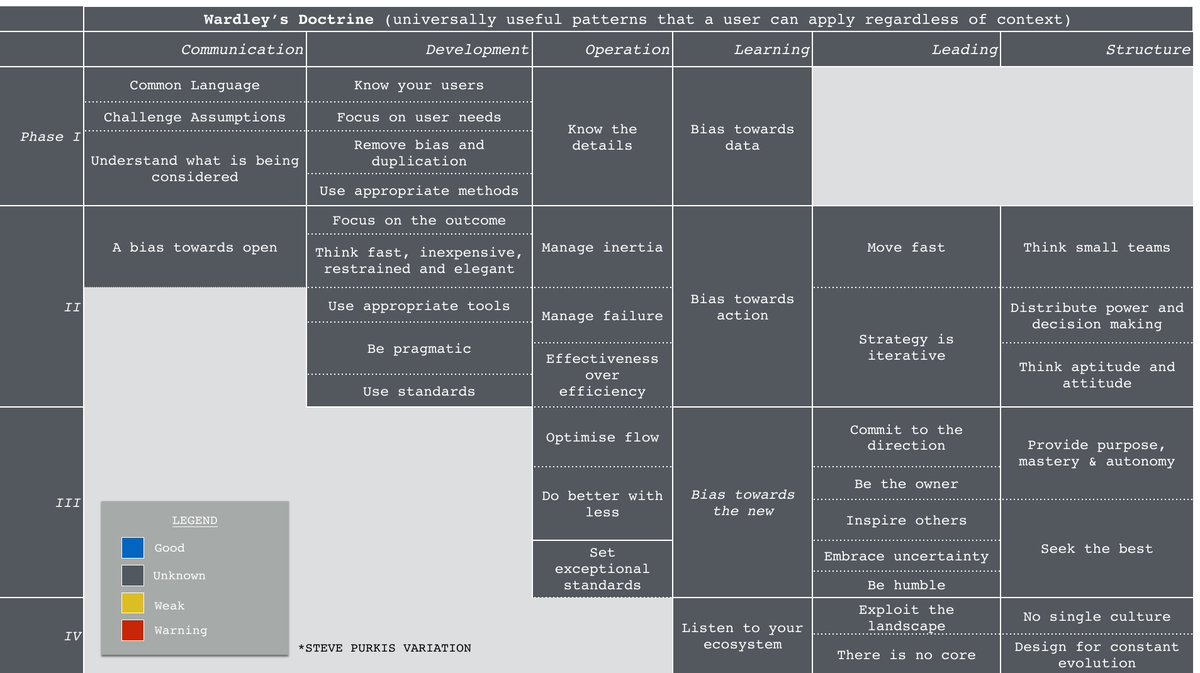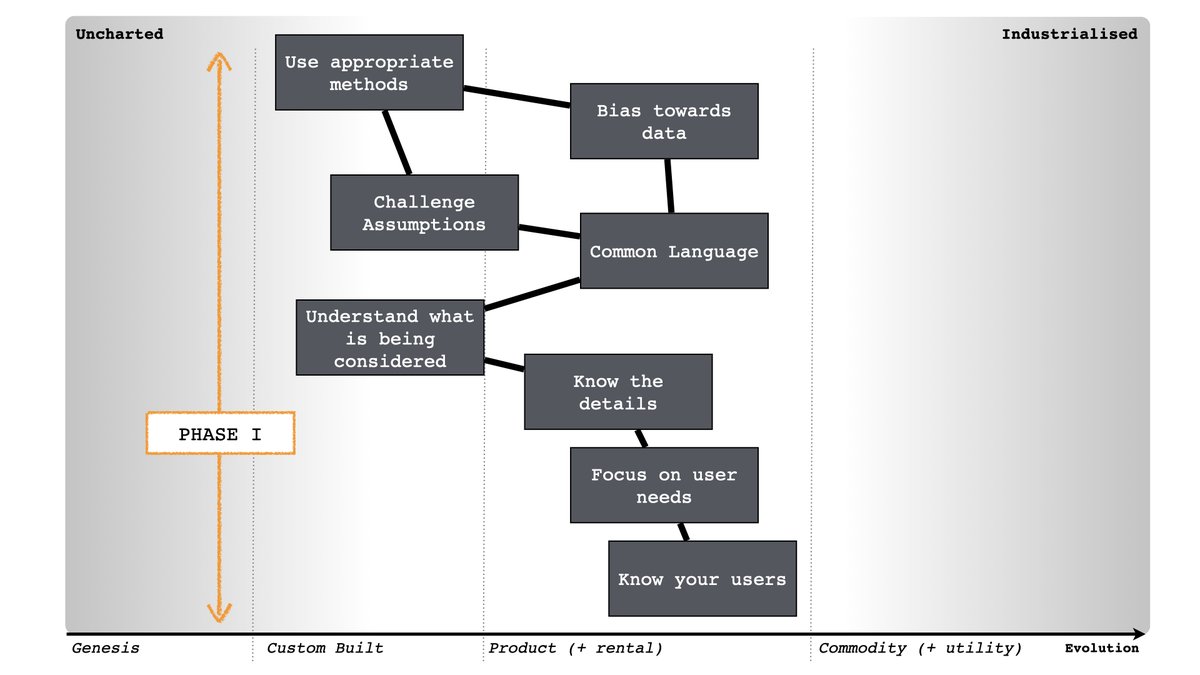
X : Thoughts on Starmer?
Me : He seems to be doing fine. It's important to uphold the highest standards of office given the cesspool of chumocracy, bullying, unbecoming attempts to influence a judge, one rule for them, exam fiasco, contract questions ... the list is long.
Me : He seems to be doing fine. It's important to uphold the highest standards of office given the cesspool of chumocracy, bullying, unbecoming attempts to influence a judge, one rule for them, exam fiasco, contract questions ... the list is long.
X : Isn't Labour having a civil war?
Me : No. There is some disagreement, there has been an unfortunate attempt to curtail discussion, there's the usual rumours of purging mostly egged on by popular press (well, they have column inches to fill) but most believe in a broad church.
Me : No. There is some disagreement, there has been an unfortunate attempt to curtail discussion, there's the usual rumours of purging mostly egged on by popular press (well, they have column inches to fill) but most believe in a broad church.
X : Corbyn?
Me : A symbol of anti-racism and a hero to many in the party. I'm quietly confident Starmer will bring all back into the church. It is what Labour does.
X : Blairite purges?
Me : Like the left wing purges? Mostly phantasmal and inventions of a vitriolic press.
Me : A symbol of anti-racism and a hero to many in the party. I'm quietly confident Starmer will bring all back into the church. It is what Labour does.
X : Blairite purges?
Me : Like the left wing purges? Mostly phantasmal and inventions of a vitriolic press.
X : But there have been suspensions.
Me : There are always suspensions. The nature of a broad church is occassionaly disagreements become a bit heated. That is far from a civil war, far from a co-ordinated effort ... stop listening to the shrill of purge or the shouts of war.
Me : There are always suspensions. The nature of a broad church is occassionaly disagreements become a bit heated. That is far from a civil war, far from a co-ordinated effort ... stop listening to the shrill of purge or the shouts of war.
... instead look at the passion, the desire to make a change that exists in our broad church. If any lessons should be learned it's that as uncomfortable as it is, discussion is good and necessary.
• • •
Missing some Tweet in this thread? You can try to
force a refresh






